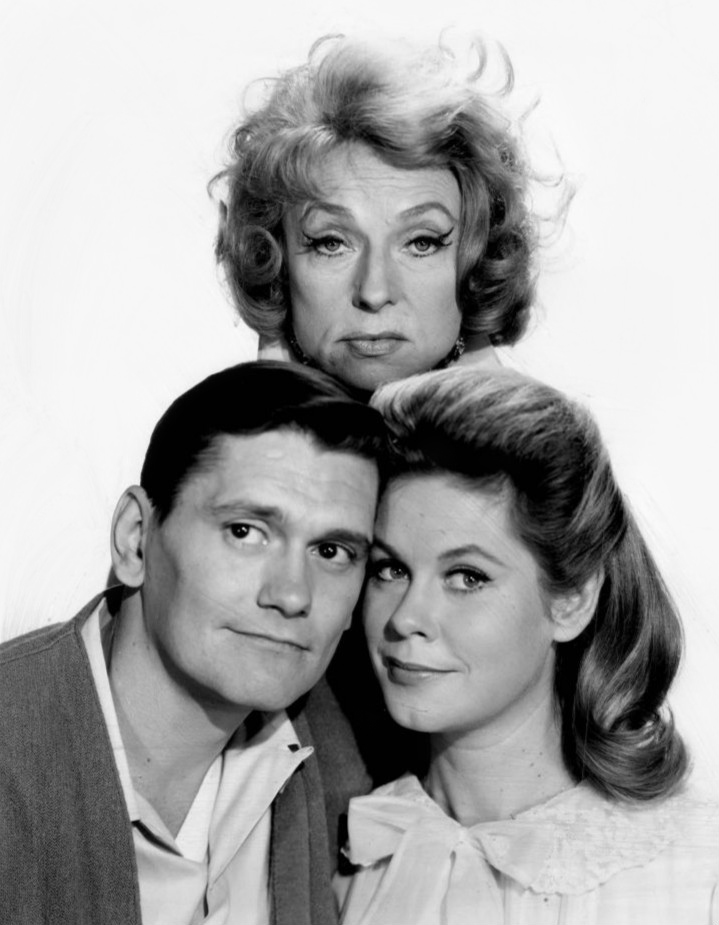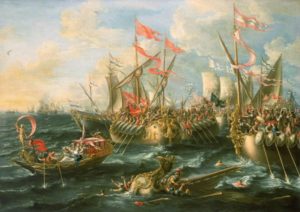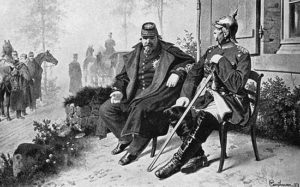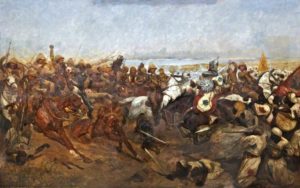1683 The Siege of Vienna Reaches a Climax

For centuries the Ottoman Turks had wanted to penetrate deeper into Europe. In the 14th century they had crossed the Dardanelles, taken much of Greece, and beaten the Serbs; in 1453 they captured Constantinople, and in 1526 they smashed Hungarian resistance at Mohács. A failed siege of Vienna in 1529 was only a temporary setback. In the Mediterranean their navies terrified the coasts of Spain and Italy and sealed off the Levant.
In 1683 the Turks were at it again. During their 20-year truce with the Holy Roman Empire, they had been strengthening the infrastructure necessary for an invasion of central Europe, building bridges, roads, and fortresses, and encouraging dissident Christian ethnic groups who held grudges against the Catholic Church. Emperor Mehmet IV launched an army of 150,000 men against Vienna and by July his siege lines were circling the city. So dismal were the city’s chances thought that the Holy Roman Emperor Leopold fled Vienna along with tens of thousands of citizens.
The defenders of the imperial capital numbered only about 16,000 but they were led by Ernst Rudiger von Starhemberg who had overseen strengthening the walls and torn down the suburbs to give his cannon clear lines of fire. Leading the motley army of Turks, subject Christians from Romania and Hungary, and wild Crimean Tatar horsemen was the Grand Vizier Kara Mustafa Pasha.
By early September the Viennese garrison was starving, sections of the wall were crumbling and it was expected that defenders would soon have to retreat into the strongholds of the inner city. They were saved by the timely intervention of an imperial relief force of infantry and Polish heavy cavalry led by John Sobieski which caught the Turks off guard.

The largest cavalry charge in history threw the Polish “winged hussars” into the battle; they smashed the Ottoman army and looted their camp. The Turks fled in disarray. A furious Sultan Mehmet sent eunuchs with strangling scarves to execute the defeated Vizier.
The Turkish defeat at the gates of Vienna on September 12, 1683 was the first step in the disintegration of their European holdings: Hungary and parts of the Balkans were not long after yielded to the Holy Roman Empire. The 1699 Treaty of Karlowitz signalled the end of Turkish expansion and the beginning of an Ottoman decline into status as the Sick Man of Europe.














